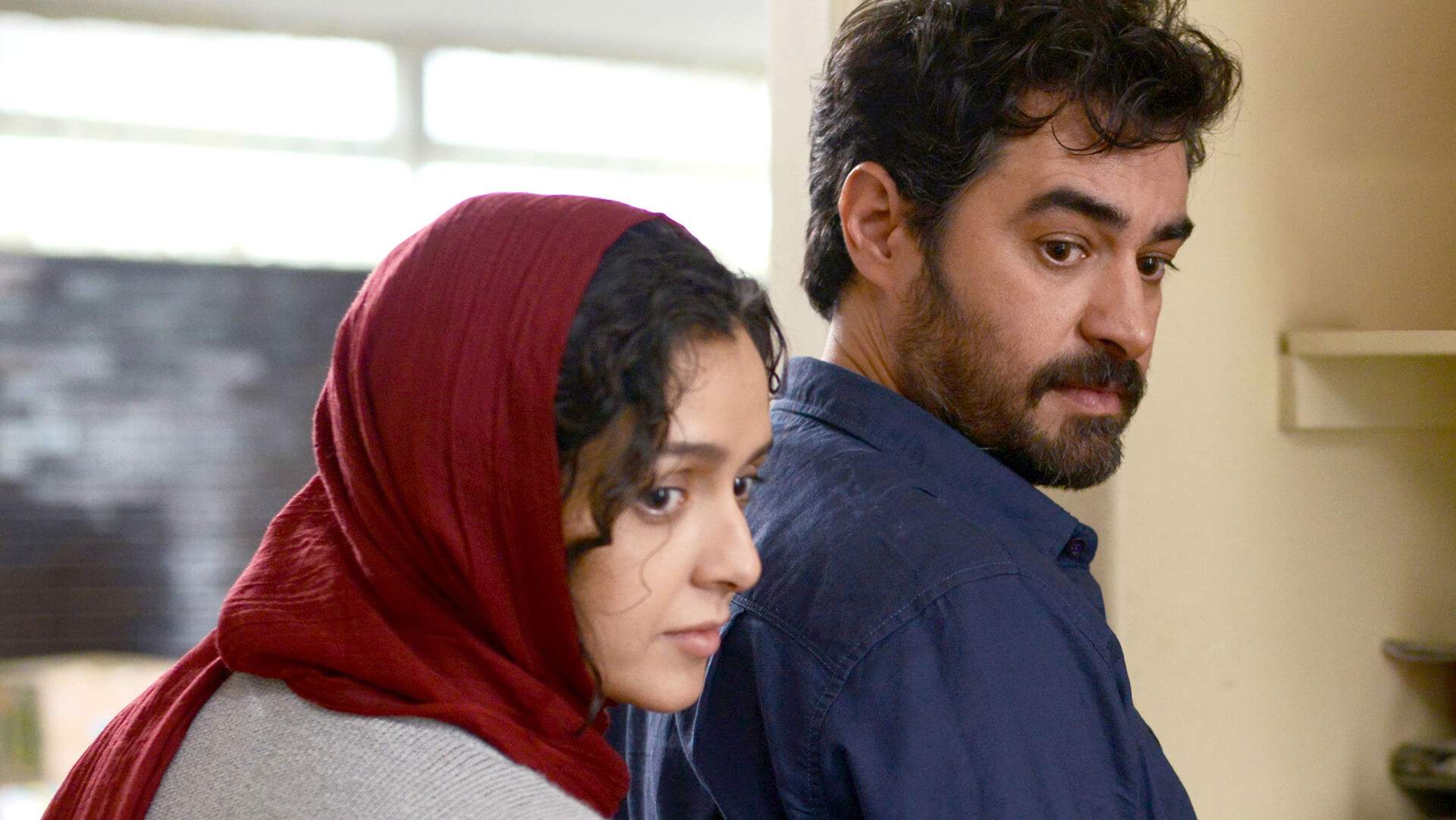The Salesman
The latest Oscar-winning drama from Iran's Asghar Farhadi makes for compelling viewing, even if it feels a tad familiar.
Overview
If Scenes From a Marriage hadn't already been taken, it would've made a great title for most of Asghar Farhadi's movies to date. From 2003's Dancing in the Dust to 2011's Oscar-winning A Separation and his 2013 follow-up The Past, the Iranian writer-director has filled his resume with features about the struggles of not-so-harmonious domesticity. Now you can add The Salesman to the pack, just as Farhadi can add another Academy Award to his mantle. Still, a shiny new statuette can't mask his fondness for repetition. Farhadi is a master of observing just how the bonds of matrimony can unravel, but seven films in there's no avoiding the feeling that you've seen some of it before.
The Salesman opens on the set of a play, with husband and wife Emad (Shahab Hosseini) and Rana (Taraneh Alidoosti) staging a revival of Arthur Miller's Death of a Salesman. As Farhadi demonstrates rather unsubtly by cutting from a bed on stage to their crumbling real life home, all isn't well for the couple. That's especially true after they move into a friend's flat and Rama leaves the door unlatched, only to be attacked by a stranger. Understandably she's shaken. Just as understandably, he's driven to track down the perpetrator.
Their conflicting responses sit at the heart of Farhadi's latest film, with the writer-director eager as ever to wait and watch as the couples' fraught emotions slowly but surely rise to the surface. Indeed, pumping seemingly ordinary spaces full of the kind of tension that can only spring from fraying intimate bonds is one of the things he does best. Dissecting how even a mere word, look or gesture can completely reshape, change or ultimately unravel a relationship is another. Both talents are on display as Rama takes the reserved and ultimately forgiving route, while the increasingly frantic Emad can't shake his wounded pride — or his need for vengeance.
Cue a situation rife with drama, which Farhadi carefully heightens. As he's done before, he makes plain the gender lines driving the divide between husband and wife, as well as the cultural reasons for their behaviour. Here, he also stresses the fact that Iranian society will applaud a man bent on revenge but blame a woman who's a victim and judge another that's made untraditional choices, making hefty material even meatier. Throw constrained yet probing visuals into the mix alongside nuanced and multifaceted performances by Hosseini, Alidoosti and the pivotal Babek Karimi, and The Salesman can only be described as classic Farhadi territory.
Still, there's a difference between ticking the usual boxes and expanding them, and here the Oscar-winning filmmaker manages one but not the other. As a result, the movie feels less like an involving effort in its own right and more like a greatest hits package. Many a director has made a successful career out of playing the same cinematic notes over and over again, but just as many have eventually stretched their usual tendencies too far. While The Salesman proves engaging, particularly in its later stages, there's a distinctive sense that next time Farhadi needs to show us something new.





